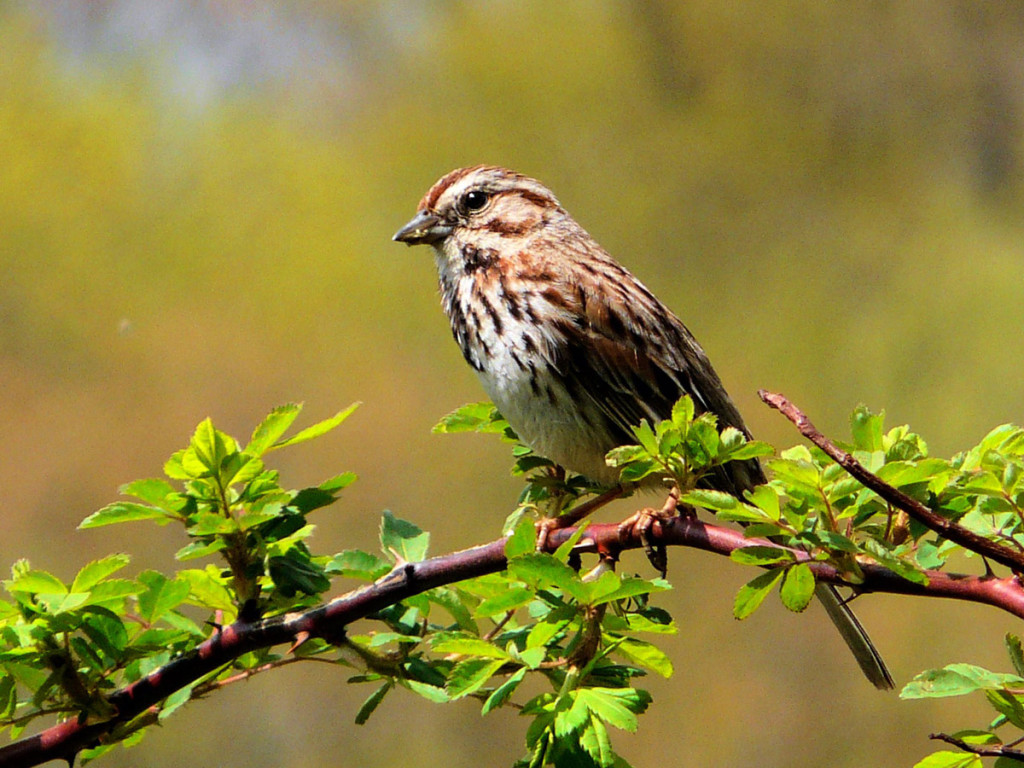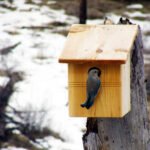Releasing balloons, as they go fluttering into the deep blue sky, is an old tradition used to celebrate a happy occasion like a wedding or commemorate a sad event like a death.
It’s fun to watch the balloons sail away until you can’t see them anymore, but what goes up must come down.
And when those balloons do come down, scientists say they are killing birds.
“Balloons are a huge threat, not only to birds, but turtles and other marine life,” said Fiona Maxwell, campaigner with the Australian Marine Conservation Society, in an article back in May.
So how are balloons a danger to birds? Read on.
Blocks digestive system
One of the biggest dangers to birds occurs when they accidentally ingest a balloon. It’s hard to know exactly what’s going through a bird’s head when it sees a latex balloon scrap (or whole balloon) but apparently it can look pretty delicious. And when the balloon does find its way into the digestive tract, it’s nothing but trouble.

Here’s another quote from the article (though it’s not clear who said it): “When its mixed in with stomach juices, the stuff becomes horrible, almost like chewing gum, and it just blocks them up.”
When dead birds are cut open, a balloon is often found basically overpowering its gizzard, causing the bird to starve. You can imagine how awful that slow death would feel to the bird. That should be more than enough inspiration for you to stop releasing balloons.
Strangles or entraps birds
A more immediate danger is entanglement. Many balloons, especially those that were released inadvertently or those released for a school project, have strings attached. These strings can and do get wrapped around birds. Just like a net or fishing line, this could trap a bird, limit its mobility, or even get taken to a nest where it might entangle a nestling.
Destroys ecosystems
Even though balloons are colorful and whimsical as they fly through the sky, they’re still litter. The minute it leaves your hand, the balloon becomes a piece of flying garbage. Any trash has the potential to ruin ecosystems, but balloons are especially egregious because they can kill many types of wildlife. Once ecosystems are compromised, habitat loss occurs, and birds (along with many other animals) suffer.
It’s your duty to tell friends or loved ones to substitute releasing balloons with some other commemorating experience like reading a poem. If they ask why they shouldn’t release balloons? Tell them it’s for the birds.



